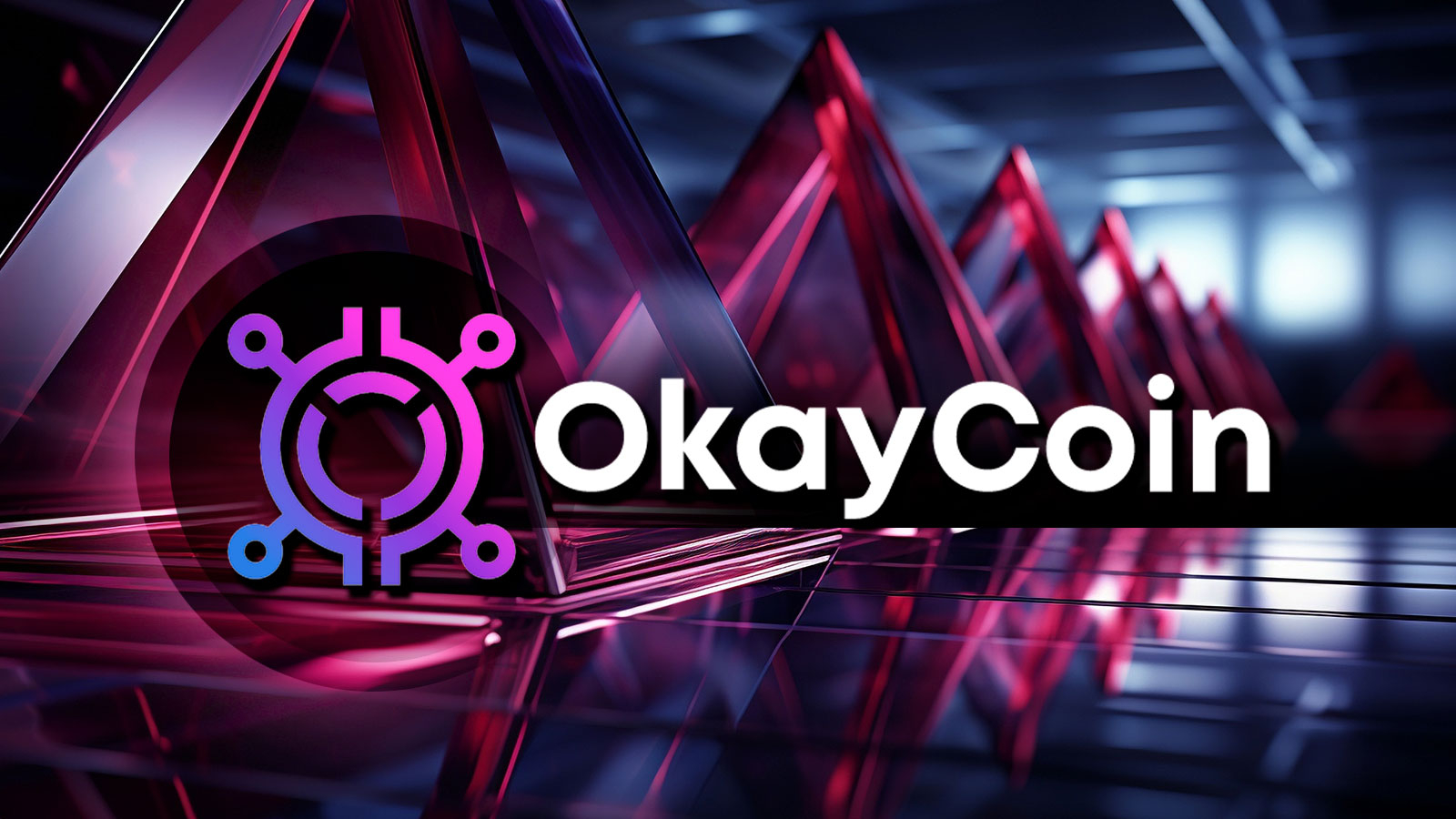
When it comes to crypto staking, participants validate transactions on the blockchain, earning rewards by staking specific cryptocurrencies. This process ensures ledger accuracy and security without traditional intermediaries. Crypto staking platforms, such as OkayCoin, offer high real reward for staking digital assets like Ethereum, TRON, Polygon. However, handling the tax implications of crypto rewards is also a crucial aspect that crypto stakers need to address. This article will guide you on how to manage this issue, as well as the corresponding approaches in certain countries, addressing questions that many people often have. Before we go into, let us have a look at OkayCoin's staking plans first.
Staking Plans on OkayCoin:
Here are the plans offered by OkayCoin, new users can get a $100 welcome bonus after signing up without using your own fund to start staking and earn rewards.
Quick look:
The staking times of each plan is different. The reward will payout every 24 hours, users no need to wait until staking time ends to get a reward.
- Free Trial Staking Plan: $100 for 1 day and earn $1 daily.
- Ethereum Staking Plan: $300 for 1 day and earn $6 daily.
- Polygon Staking Plan: $800 for 3 days and earn $8 daily.
- TRON taking Plan: $1200 for 7 days and earn $12 daily.
- Polkadot Staking Plan: $3000 for 7 days and earn $33 daily.
- Celestia Staking Plan: $6000 for 14 days and earn $72 daily.
- Aptos Staking Plan: $10,000 for 15 days and earn $140 daily.
- Sui Staking Plan: $20,000 for 15 days and earn $280 daily.
- Avalanche Staking Plan: $35,000 for 20 days and earn $525 daily.
- Cardano Staking Plan: $56,000 for 30 days and earn $896 daily.
- Solana Staking Plan: $78,000 for 30 days and earn $1,404 daily.
- Ethereum Staking Plan Pro: $100,000 for 45 days and earn $2,000 daily.
How is staking taxed?
Now we return to the topic, staking rewards are taxed as income when received and as capital gains upon disposal. The fair market value of rewards upon receipt determines your cost basis for calculating capital gains or losses when selling. Crypto staker won't be taxed twice on the same profits, ensuring no double taxation.
When to recognize income from staking rewards?
Staking rewards are categorized as gross income by the IRS (Internal Revenue Service), and taxpayers are required to report them in their annual tax filings for the year they were received. The fair market value of staking rewards is established as of the moment when the taxpayer gains control and ownership over the rewards, which may not necessarily align with the time of receipt. Therefore, income is recognized when you have 'dominion and control' over your staking rewards. On OkayCoin, staking reward is a payout everyday, so that it is an income of users and needs to be reported as annual tax.
How is crypto staking taxed in the US?
In the US, individual taxpayers can report staking rewards as 'Other Income' on Form 1040 Schedule 1, while capital gains from the sale of staking rewards are reported on Form 1040 Schedule D. Businesses that earn staking rewards can use Schedule C and may be able to deduct related expenses essential for their operations.
How is crypto staking taxed in Canada?
In Canada, the CRA has not provided clear guidance on the taxation of crypto staking. It is likely that staking rewards will be treated as business income since they are acquired with the intent of generating profits.
How is crypto staking taxed in the UK?
In the UK, according to HMRC guidance, staking rewards are considered income upon receipt. When you sell your staking rewards, any capital gain or loss is determined based on the change in value of your cryptocurrency since you initially received it.
People always ask:
1. Do I have to pay tax if I sell my staking rewards?
Yes, for US taxpayers, staking rewards are usually subject to taxation as income when received and again as capital gains when sold or disposed of.
2. Is staking equipment tax deductible?
Whether you can deduct staking equipment costs depends on your tax jurisdiction. In general, individual taxpayers may not be able to deduct staking equipment costs. However, if you have obtained validator equipment for business use, you might be eligible to deduct staking equipment costs as a business expense.
Conclusion
As crypto staking continues to gain popularity, it is essential for individuals to understand the tax implications associated with it. Staking rewards are typically taxed as income when received and as capital gains when disposed of, with reporting requirements varying by jurisdiction. International taxpayers should refer to specific guidelines in their respective countries. With the convenience of the best crypto staking platforms, OkayCoin, users can easily participate without the need for staking equipment and professional knowledge, requiring only a device connected to the internet. And also, inviting friends to join together can earn a 3.5% referral reward! OkayCoin offers clear and consistent rewards, alleviating concerns about fluctuating rewards leading to losses. Now that we have a good understanding of the taxation of crypto, let's take the first step towards accumulating our own crypto assets from today.
For more information on how to get started with OkayCoin and make the most of the crypto summer, visit https://okaycoin.com.
Disclaimer: This is sponsored content. The information on this page is not endorsed or supported by U.Today, and U.Today is not responsible or liable for any inaccuracies, poor quality, advertising, products or other materials found within the publication. Readers should do their own research before taking any actions related to the company. U.Today is not responsible, directly or indirectly, for any damage or loss caused or alleged to be caused by or in connection with the use of or reliance on any content, goods or services mentioned in the article.
 Denys Serhiichuk
Denys Serhiichuk Gamza Khanzadaev
Gamza Khanzadaev Tomiwabold Olajide
Tomiwabold Olajide Godfrey Benjamin
Godfrey Benjamin Alex Dovbnya
Alex Dovbnya